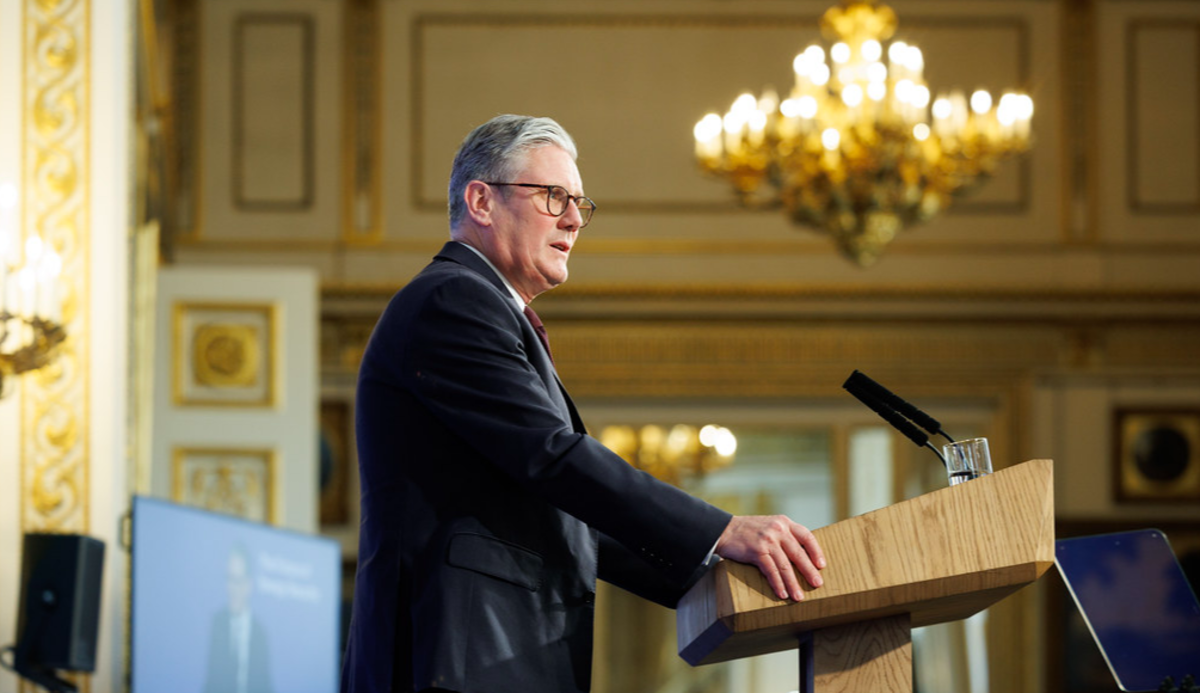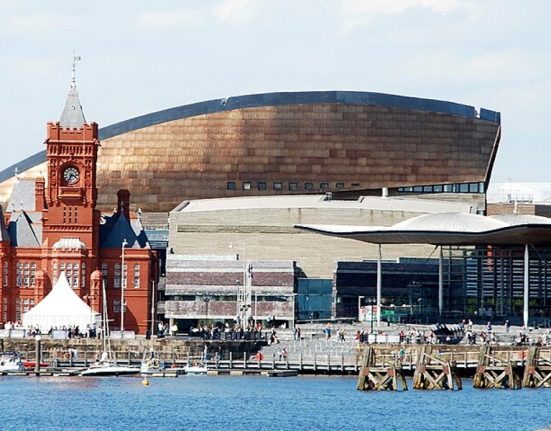Focus on eight key sectors
Labour’s long-awaited industrial strategy, unveiled this week, has promised to reshape the UK’s economic landscape with targeted support for eight key sectors but businesses across the West Midlands are questioning whether the plan delivers on its ambitious promises.
The 160-page blueprint, described by Prime Minister Sir Keir Starmer as “a new relationship between business and government”, pledges to cut energy prices, boost skills, and unlock investment for industries seen as strategic to national growth. These include advanced manufacturing, clean energy, life sciences and digital technologies.
Energy savings still uncertain
Central to the strategy is a pledge to tackle Britain’s high industrial electricity costs – a major concern for manufacturers. However, new subsidies will only become available after a two-year consultation, and prices are still expected to remain higher than in Europe.
Skills, visas and apprenticeships
The strategy outlines plans to spend £1.2bn annually on skills by 2028, including reforms to the apprenticeship levy and expanded access to short courses. The government will also widen visa eligibility for key technical roles such as welders, data analysts, and lab staff.
A new “concierge service” will be introduced to help businesses navigate government schemes, alongside a £54 million fund to attract top talent to the UK.
Funding: real or recycled?
While £4bn of capital will be channelled through the British Business Bank to scale up strategic sector firms, critics point out that much of the money was already allocated under previous commitments. Direct investment limits will rise from £15m to £60m, but broader support for struggling sectors like retail and hospitality remains absent.
Some parts of the strategy, such as the defence innovation pledge and National Security and Investment Act review, repackage earlier announcements.
Missed opportunity for some
While the plan signals a more interventionist approach to economic development, it has left several industries including food and hospitality questioning their place in the UK’s future economy.
Business leaders across the Midlands welcomed Labour’s industrial intent but called for urgent clarity on how and when the measures would be rolled out.







